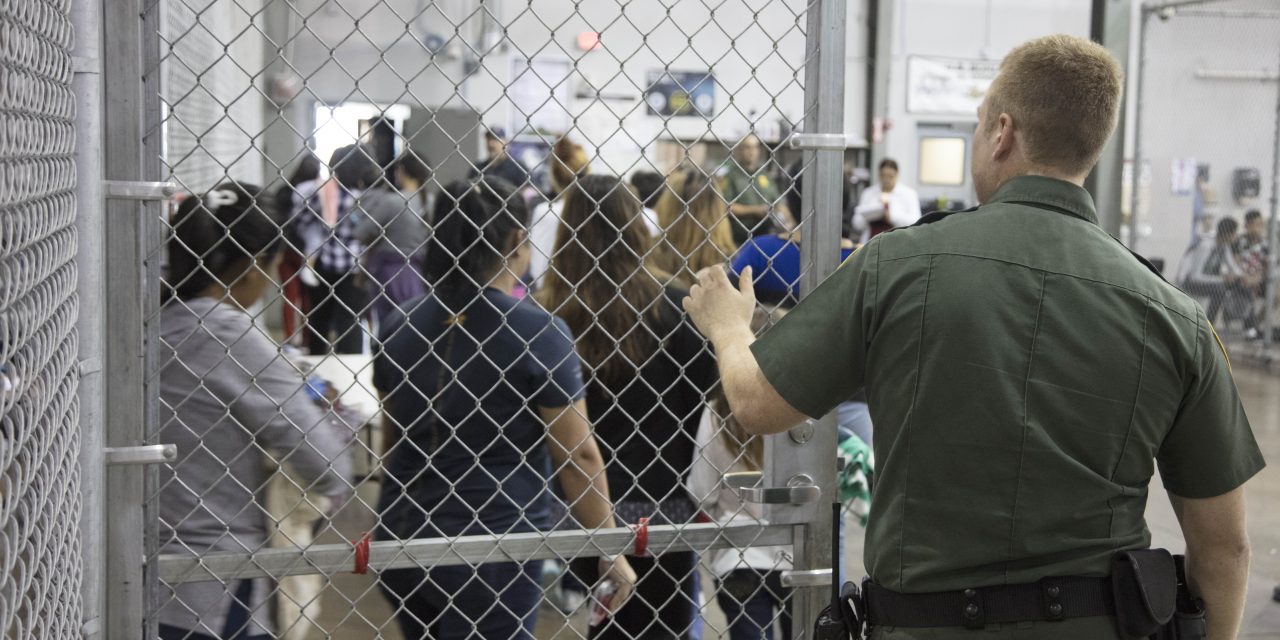As rising numbers of families and children are arriving at the U.S. Mexico border and asking for asylum, the conditions they face while in the custody of Customs and Border Protection (CBP) have gone from bad to worse.
The conditions in so-called “iceboxes”—where migrants are held for days before being transferred elsewhere—have always been bad, but in recent weeks they have become nightmarish. Even Department of Homeland Security (DHS) Acting Secretary Kevin McAleenan admitted to Congress on Wednesday that conditions “are not acceptable.”
A new complaint to the Office of Inspector General from the ACLU of Texas and the ACLU Border Rights Project reveals the extent to which conditions in CBP custody have deteriorated in the past few months. Based on 120 interviews of people who had been through CBP facilities in the Rio Grande Valley sector, the ACLU’s complaint shows appalling conditions worse than previously documented.
Multiple families told the ACLU that they were kept outside and forced to sleep on the ground, with nothing but Mylar blankets to protect them. Many, including infants, were kept outside for days even when it rained. One father who was held with his three-year-old child for multiple days said he slept just one hour while held in a gravel pen outdoors with no protection from heavy rains over Mother’s Day weekend.
Medical conditions in CBP facilities have also worsened, possibly leading to the deaths of multiple children either in CBP custody or soon after leaving it. On Wednesday, the Border Patrol briefly closed a facility in McAllen, Texas where multiple people were diagnosed with the flu. Just days before the facility was shut down, 16-year-old Carlos Hernandez had been held there. He died of the flu after seven days in CBP custody, despite laws requiring CBP to transfer him to the Office of Refugee Resettlement after 72 hours.
Many families told the ACLU that they were also subject to abusive behavior from CBP agents in recent weeks. One parent said that he was kept with 60-100 people in a crowded cell, and that Border Patrol agents came into the cell every three hours and made people stand up to be counted. Anyone who remained asleep was kicked until they got up. Multiple people reported that Border Patrol agents screamed at them, kicked them if they lay down and took up too much space, and required them to stand for hours at a time due to overcrowding.
Migrants and civil rights organizations have long complained of terrible conditions in CBP custody. A lawsuit brought against the Tucson Sector Border Patrol in 2015 revealed pictures showing dozens of people forced to sleep on bare concrete floors in filthy cells, packed in like sardines with no protection from frigid air other than thin Mylar blankets. A federal judge ruled that CBP’s treatment of migrants subjected migrants to “inhumane and punitive conditions” that likely violated the constitution, and issued a preliminary injunction forcing the Tucson Sector Border Patrol to improve conditions.
CBP is right when it says that its facilities are not designed for the volume of families and children arriving now. But that’s an explanation, not an excuse. The agency’s failure to address conditions in CBP custody have existed long before today and will likely continue even if Congress provides more funding. Before giving DHS huge new sums to increase detention capability, the agency must face significant oversight and accountability towards the deplorable conditions it holds migrants in. No person should ever be treated like this.
FILED UNDER: featured


